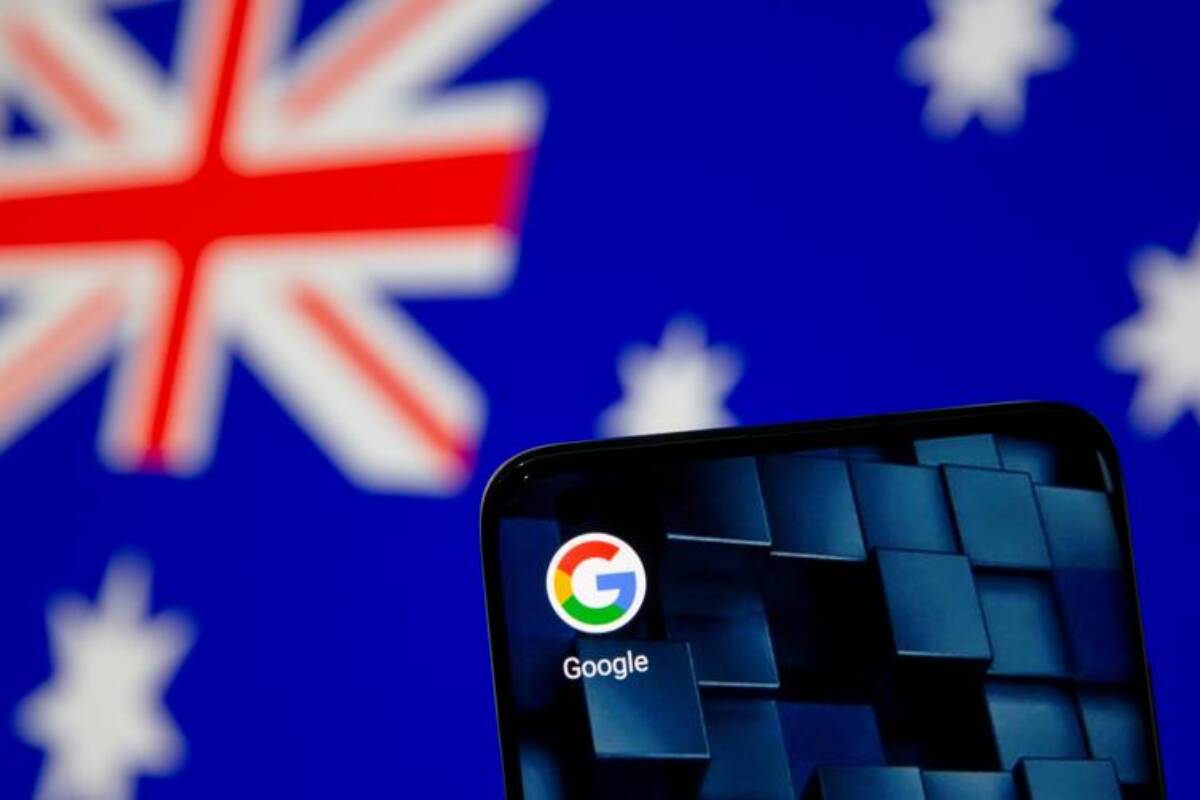
Australia has passed a law in the Parliament that if Google, Facebook, and other technology firms share news articles from media companies on their platform (Google search/ Facebook news feed, etc), they will have to pay these media companies a certain amount for the content they generate.
At present, news publishers get only a fraction of the advertisement revenue generated on their content. In the year 2018 for every A$100 spent by Australian advertisers, A$49 went to Google and A$24 to Facebook. The rest went to the companies that actually generate content. Therefore, this law has been passed to address this imbalance of power between big tech companies and local media outlets (content generators).
Apart from paying the media companies, the law requires technology firms to give publishers 28 days’ notice before changing their algorithms. [Algorithms decide which content is displayed in search results/ feed]
This law (the News Media Bargaining Code) was drafted by Australia’s competition watchdog, the Australian Competition and Consumer Commission (ACCC).]. Under this law, Google and Facebook would have to negotiate and enter into an agreement with local media outlets to pay them for their content within 3 months of becoming law. If they fail to reach an agreement, a government-appointed panel will decide the compensation.
Facebook and Google had taken vastly different approaches to the law.
Initially, Google threatened to withdraw its search engine from Australia, but later struck a deal with two of the country’s media companies- Rupert Murdoch’s News Corp and Seven West Media. Under the deal, Google would pay them for featuring their content.
Google also launched News Showcase in Australia. News Showcase is a feature in the Google News App that delivers curated news to people. Google pays the media outlets to feature their articles on News Showcase. It is a $1 billion global initiative by Google to pay publishers.
In contrast, Facebook had blocked Australian users from sharing news links. As per Facebook- “news makes up less than 4% of the content people see in their news feed”. To be sure, Facebook reversed the ban later after negotiations with the government, which led to certain changes to the law.
Australia’s law is the world’s first legislation of this kind, but it would set a precedent for other countries to follow suit. Google and Facebook are already facing pressure in several countries. A Canadian minister has backed Australia’s proposed Media Code.
In Europe, Google had to negotiate with French publishers after a court last year upheld an order saying such agreements were required by a 2019 European Union copyright directive.
France is the first Government to enforce the rules, but the decision suggests Google, Facebook and other companies will face similar requirements in other nations of the 28 nation trade bloc (European Union)…
Last year, Facebook announced it would pay US news organizations including the Wall Street Journal, The Washington Post and USA Today for headlines.
In Spain, Google shut down its news website after a 2014 law required it to pay publishers.
Source: TOI
However, some critics have argued that the law does not necessarily mean victory for actual content creators. In fact, it seeks to address imbalances only between big media players and big technology firms. Small media firms do not get any support under the law. Even for bigger players, Facebook and Googles drives a lot of traffics to their websites
Economyria is now on Telegram. For a simplified analysis of topics related to economy/ business/ finance, subscribe to Economyria on Telegram